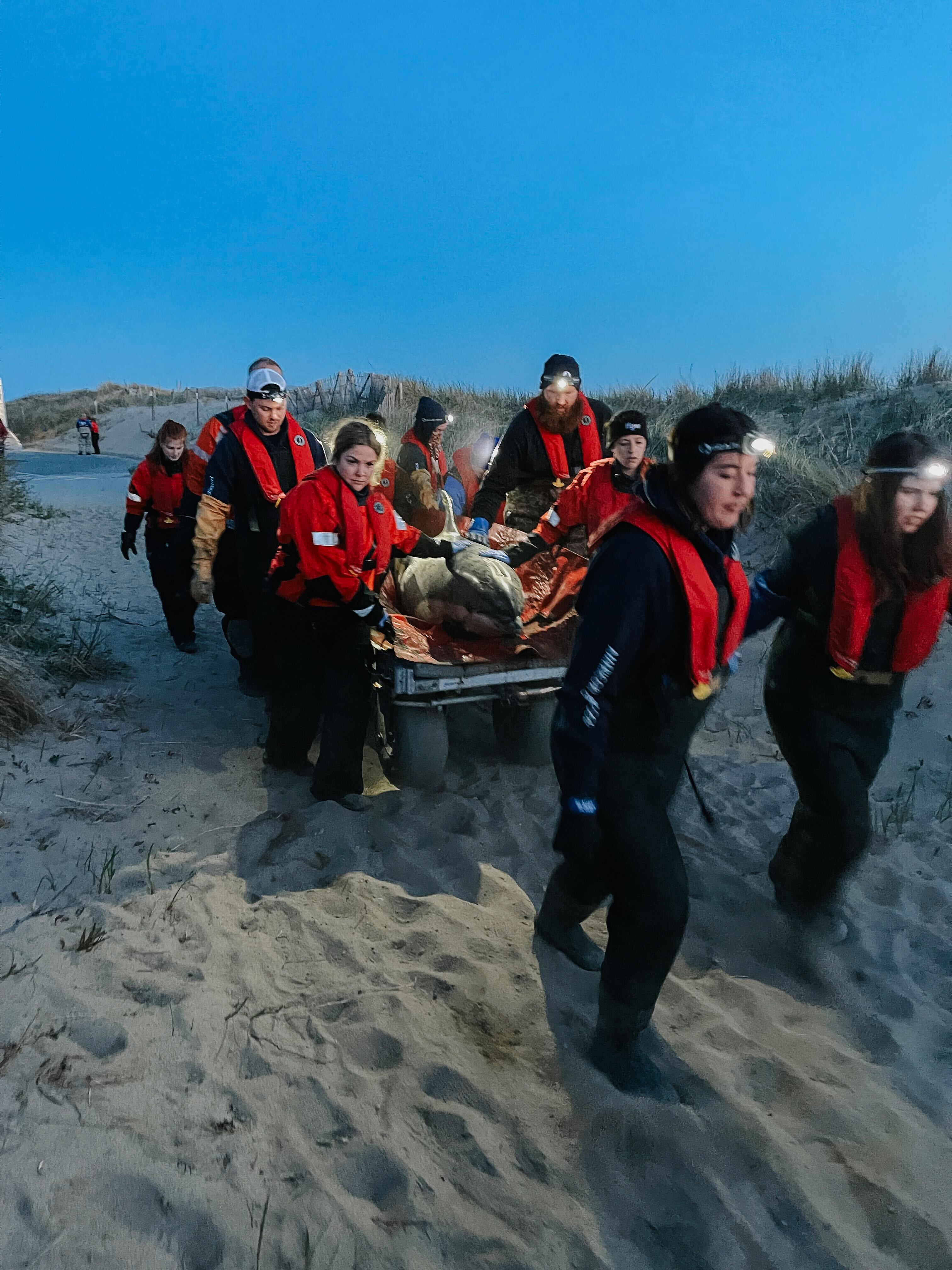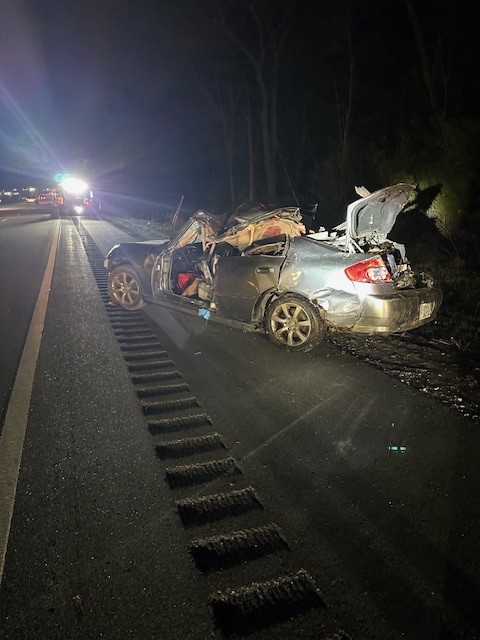Coming on the heels of the mass shooting in Las Vegas, the church massacre in Texas is again bringing the debate over gun control into the national spotlight.
Devin Patrick Kelley opened fire in the First Baptist Church of Sutherland Springs, killing 26 people using a Ruger AR-556 rifle.
President Donald Trump argued in the aftermath that the deadly mass shooting is not a gun issue.
"This isn't a guns situation," the president said while in Tokyo. "This is a mental health problem at the highest level."
Dr. Jack Levin, a professor of criminology at Northeastern University, has been studying mass killings since the 1980s. In every case, he says, revenge is the motive.
"I think it's a big mistake to put it all on mental illness," Levin said.
Dr. David Hemenway, a professor of health policy at Harvard, says the recent shootings that have killed dozens in Texas, Vegas, and Orlando are now a public health crisis.
Local
In-depth news coverage of the Greater Boston Area.
"It's a tremendous cost to society," he said. "It makes people incredible afraid."
Both professors point to Australia as an example of what to do next. Following a mass shooting there in 1996, they say, the country banned semi-automatic guns, made it more difficult to get guns and had a massive buyback program.
Hemenway says that's what is needed now in America.
"There's an easy means to do something about this: sensible gun policy," he said. "It's the easiest, fastest, most effective and least expensive way."
Levin says the number of mass killings in America remain the same, about two dozen a year, and what's new, is the body count.
To reduce those numbers, Levin says we'd have to reduce the prevalence of semi-automatic guns. But he does not think that's likely to happen in America.
"I'm afraid that's what we're going to live with, because we live in a society where we value personal freedom, and we're not about to ban firearms," he said. "We're not going to get rid of semi-automatics."



